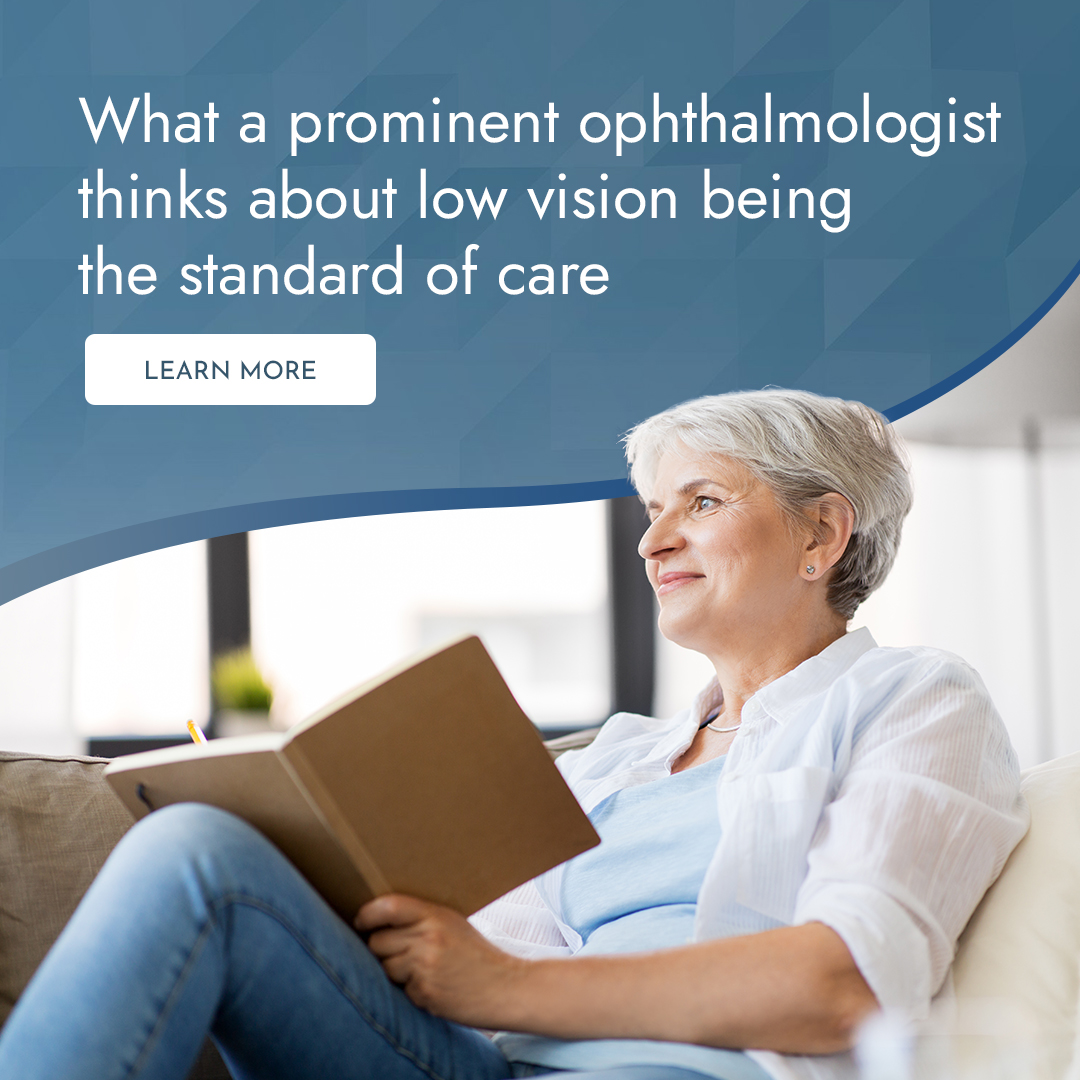
Age-related macular degeneration (AMD) is one of the leading causes of vision loss among adults over 50. While there is currently no cure, the good news is that certain lifestyle changes, treatments, and adaptive technologies can slow its progression and help maintain a higher quality of life.
Understanding Macular Degeneration
Macular degeneration gradually damages the cells of the macula, resulting in blurred or distorted central vision. There are two main types of age-related macular degeneration (AMD): dry and wet.
Dry AMD is the more common form and typically progresses slowly over time. It occurs when the light-sensitive cells in the macula break down, leading to gradual vision loss. Wet AMD, on the other hand, is less common but more severe. It develops when abnormal blood vessels grow under the retina and leak fluid or blood, causing rapid and significant vision changes.
Without early detection and proper management, AMD can progress to a stage where central vision becomes severely impaired. This often leads to low vision, making everyday activities such as reading, driving, and recognizing faces increasingly difficult.
Slowing the Progression
While AMD cannot be reversed, its progression can often be slowed through proactive care. Some evidence-based strategies include:
• Nutritional supplements: Studies like the AREDS2 trial show that certain vitamins and minerals (zinc, copper, vitamin C, vitamin E, lutein, and zeaxanthin) can help slow progression in intermediate stages.
• Healthy lifestyle habits: Quitting smoking, maintaining a healthy diet rich in leafy greens and fish, exercising regularly, and protecting your eyes from UV light can all make a difference.
Despite best efforts, some individuals will still experience visual impairment that affects daily life. This is where low vision care becomes essential.
Adapting to Life With Low Vision
When macular degeneration leads to low vision, specialized tools and devices can make everyday tasks manageable again. At Beyond Low Vision, we help patients regain independence and confidence through customized low vision evaluations and vision aids tailored to their needs.
One of the most effective tools for patients with central vision loss is the Bi-Optic telescope. These advanced devices combine prescription lenses with miniature telescopes, allowing patients to see distant objects more clearly - such as road signs, faces, or television screens. Many users find they can drive, read, or recognize faces more easily, restoring activities they thought they had lost.
How Low Vision Devices Make a Difference
Low vision devices can:
• Maximize remaining vision
• Reduce frustration and dependence on others
• Improve reading, mobility, and overall safety
• Enhance quality of life through regained functionality
See What’s Possible with Expert Low Vision Care
Dr. Jacobi specializes in helping patients adapt to life with macular degeneration. With a comprehensive approach that combines education, device fitting, and training, our goal is to help each patient continue to live fully and independently.
If you or a loved one are living with macular degeneration, don’t wait until vision loss becomes overwhelming. Schedule a consultation with Dr. Jacobi at Beyond Low Vision to explore personalized low vision solutions that can help you see life more clearly and confidently. Visit our office in Novi, Michigan, or call (248) 731-9393 to book an appointment today.






